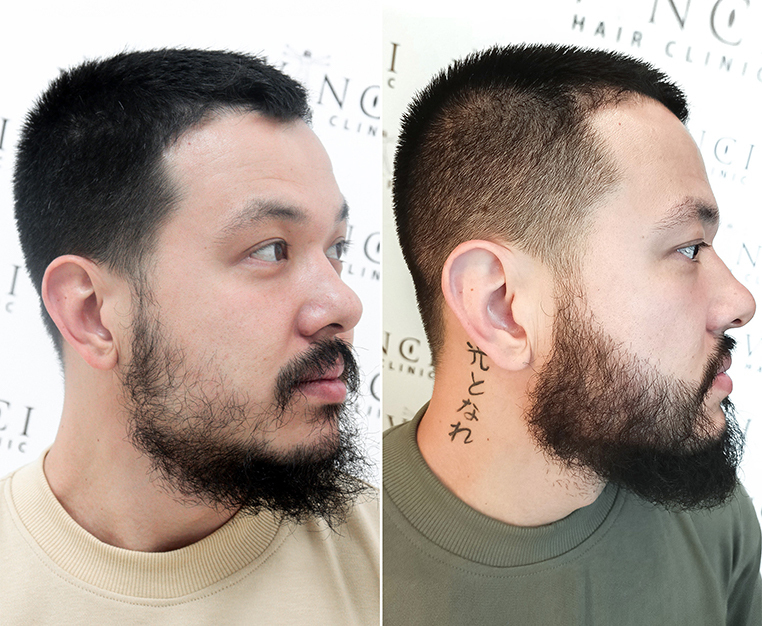Alopecia is known to be one of the main causes of hair loss in men and women of all ages. The condition, which touches different parts of the body depending on its type and severity, has been in the media spotlight recently as some high-profile individuals have discussed the impact the condition has had on them.
Research has found that this autoimmune disease could be treated successfully with the help of a drug used on rheumatoid arthritis. The drug known as Olumiant (baricitinib) was tested for its effects on alopecia areata and the results were published in The New England Journal of Medicine.
To obtain reliable results, 1200 patients suffering from alopecia areata were separated into two clinical trials and given 4mg of Olumiant, 2mg of Olumiant, or a placebo and were observed for 36 weeks. The results showed that one in three patients successfully grew hair after taking Olumiant.
Understanding Olumiant
Olumiant is a medication that serves as a treatment for rheumatoid arthritis, an autoimmune disease like alopecia that sees the body’s defence mechanisms attack its own joints, causing them to swell and lose their functionality. The role of Olumiant in this treatment is to reduce the activity of the immune system.
Recently, the medication has been tested against COVID-19 to assist people who struggle with breathing and might need a ventilator or supplemental oxygen. The drug functions as a blocker for certain enzymes responsible for inflammation. Functioning as a Janus kinase (JAK) inhibitor, which controls the cytokines levels responsible for cells communication, Olumiant can reduce inflammation. It works to reduce stiffness, pain and swelling in those suffering from rheumatoid arthritis.
Brett King, MD, PhD, lead study author and an associate professor of dermatology at the Yale School of Medicine, states that “Up until recently, there have been only small studies suggesting that a class of medicines called Janus kinase inhibitors are effective for the treatment of alopecia areata.”
How Is Alopecia Currently Being Treated?
When a person is affected by alopecia, the body will attack its own hair follicles. This is not limited to the hair on your scalp but also to other parts of the body such as eyebrows, eyelashes, and even nails (by causing them to turn red and weak).
Alopecia is common amongst teens and children, but in 50% of the cases, hair grows back within one year without the need for treatment. However, there is only a limited number of treatments on the market to deal with alopecia areata.
“For mild cases of the condition, monthly corticosteroid injections help suppress the immune reaction,” said Ife J. Rodney, MD, professor of dermatology at Howard University and George Washington University.
Rodney mentions the use of oral or topical steroids to be used alongside these injections. “Daily oral steroids also help for severe, extensive alopecia,” she said.
She advises the use of them only if prescribed by your doctor, and preferably for short periods. If these medications don’t work, there’s still the option of using some type of immunosuppressants such as cyclosporine tablets.
Olumiant and Hair Regrowth
When someone suffers from alopecia, their immune cells transmit signals that cause harm to the hair follicles. Olumiant serves as an inhibitor of these signals.
Brett King states that “When the messaging is interrupted, the immune cells leave hair follicles alone and the hair follicles do what they are supposed to—that is, grow hair.” These were the findings of the third phase of the Olumiant clinical trial which gives the medication a high chance of getting acknowledged as a treatment for alopecia by the American Food and Drug Administration (FDA).
Joshua Zeichner, MD, director of cosmetic and clinical research at the Icahn School of Medicine at Mount Sinai in New York, states that “Alopecia areata can be devastating for patients, so baricitinib offers new hope to patients who are suffering.”
However, it’s worth noting that Olumiant, just like most medications, has its own side effects. Increased cholesterol and acne are two of the main ones. Nevertheless, Olumiant seems to offer a better alternative to steroids-based solutions.
Final Thoughts
Alopecia areata stands as one of the most devastating causes of hair loss in both men and women. Fortunately, the development of new drugs increases the chances of combating hair loss effectively. There is a range of treatments, medications and practices you can turn to for help.
Before deciding whether or not Olumiant is an appropriate treatment for you or even if you’re truly suffering from alopecia, you need to talk with a specialist. Vinci Hair Clinic is offering a free consultation for new clients who are experiencing hair loss. Get in touch with us to book your appointment today!


